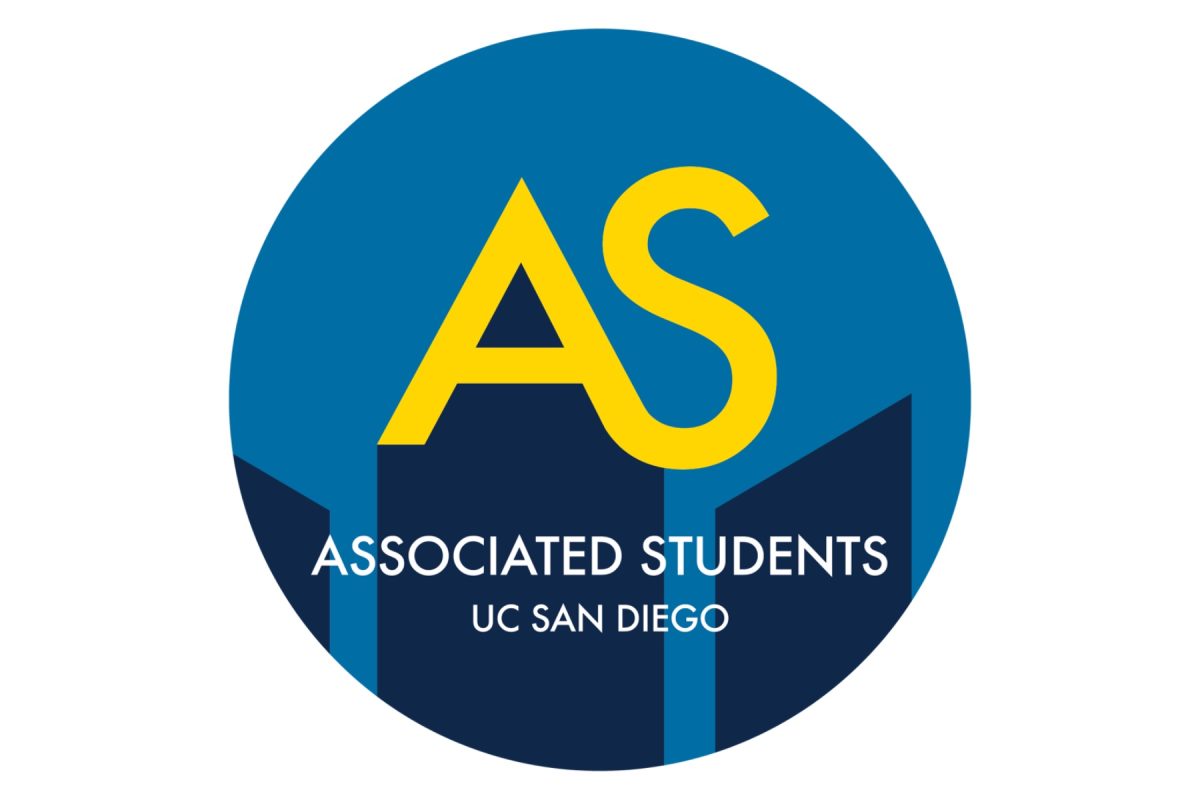On May 19, UC San Diego Associated Students President-elect William Simpson confirmed the 2025-26 A.S. executive officer appointments. Second-year Shubham Patra will be chief financial officer, third-year Ziad Elbanany will be chief personnel officer, and third-year William Maggin will continue for another year as chief communications officer.
Every year, the newly elected A.S. executives — president, executive vice president, vice president of academic affairs, and vice president of external affairs — appoint the last three executive officers to complete the C-suite for the next academic year. The C-suite is “responsible for managing the various operations of the Association apolitically.”
A.S. hosted a series of public interviews at The Forum from 3 p.m. to 6 p.m. on May 14 to inform the appointment of the three positions. The moderator gave candidates two minutes to respond to each interview question. After the formal questioning period, the senate and public also had the opportunity to question the candidates.
Chief Financial Officer
The CFO oversees all of A.S.’s finances. They also ensure the financial well-being of A.S., advise members on offices’ financial matters, and facilitate the annual budget process. Second-year Shubham Patra beat out third-year Timothy Wu for the position.
In his interview, Patra said he aims to allocate the A.S. budget in an unbiased and efficient manner. Patra said he would ensure this by understanding an organization’s mission and assessing whether it aligns with that of A.S. Additionally, through meetings with organization representatives, Patra would further connections and discuss students’ needs.
“Overseeing funding requests from student organizations is a key and it’s about creating a fair and equitable resource allocation process, which directly impacts student engagement and satisfaction,” Patra said.
Patra previously served as A.S. director of alumni relations and acted as central operation assistant at the UCSD Alumni Center this past year.
Chief Personnel Officer
The CPO is responsible for the onboarding process of A.S. applicants and overseeing their performance. The CPO must also “recruit, retain, and empower all personnel in order to maximize their engagement, fulfillment, potential and service to the student body.” Third-year Aries Cole lost the position to third-year Ziad Elbanany.
Elbanany is currently serving as the community programs coordinator for campus events and as a student representative for the Community Standards Board. He explained his goal to develop a training system to help reduce biases when evaluating applications in his interview.
As CPO, Elbanany wants to address the decline in engagement by encouraging A.S. fellows to be more involved in projects and interact across multiple A.S. offices. In response to a question about transparency in hiring, Elbanany emphasized the importance of trust.
“If we build the trust from the beginning of the year and improve the [unconscious bias] training, then it’s not just about punitive policy but it’s about restoring that from the initial steps,” Elbanany said. He plans to start conducting these trainings during the summer.
Chief Communications and Marketing Officer
The CCO is responsible for overseeing all association-wide communications, marketing, and outreach efforts. Third-year William Maggin, who served as CCO this past year, will be continuing in the position next academic year. His original opponent, first-year Madison Corliss, dropped out of the public interview; first-year Abigail Kapur filled her seat.
In addition to acting as CCO this past year, Maggin is also the current programs and communications coordinator for campus events. He previously served as the associate vice president for the Office of College Affairs. Next year, Maggin hopes to include more student voices and faces on A.S.’s social media.
One of Maggin’s goals for next year is to mitigate miscommunication between different sectors of A.S.
“Something that we can improve on is providing more context and input on the executive level,” Maggin said. “I think oftentimes executive decisions are made, but maybe there’s not enough communication to the rest of the senate.”
In his interview, he explained that he aims to ensure that college council presidents are well informed to help bridge the communication gaps.








